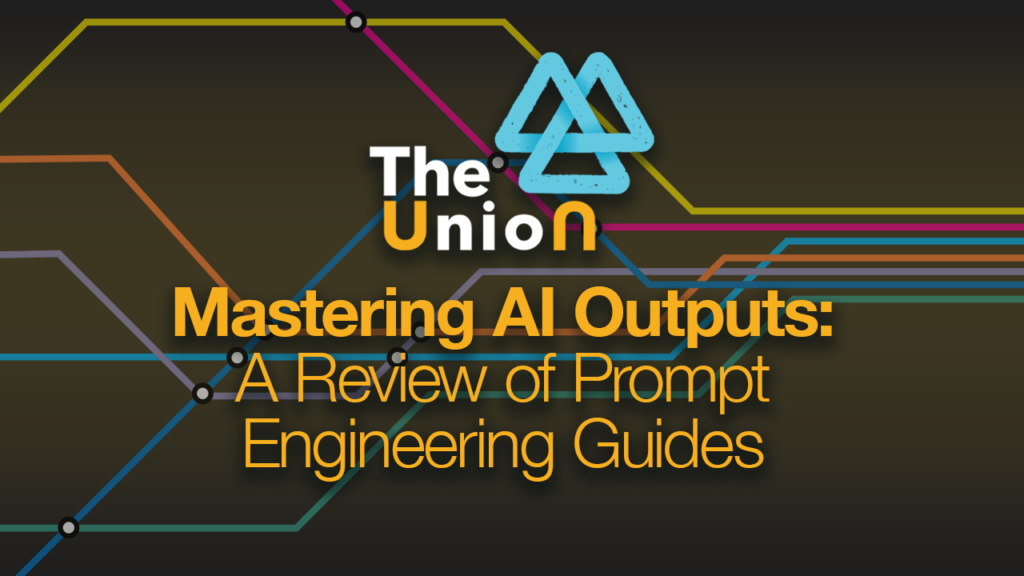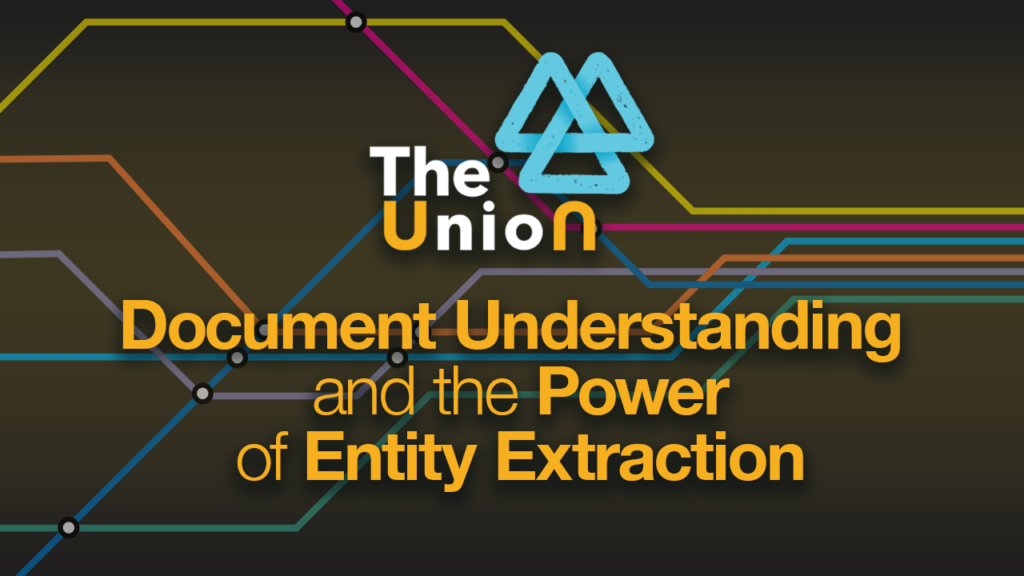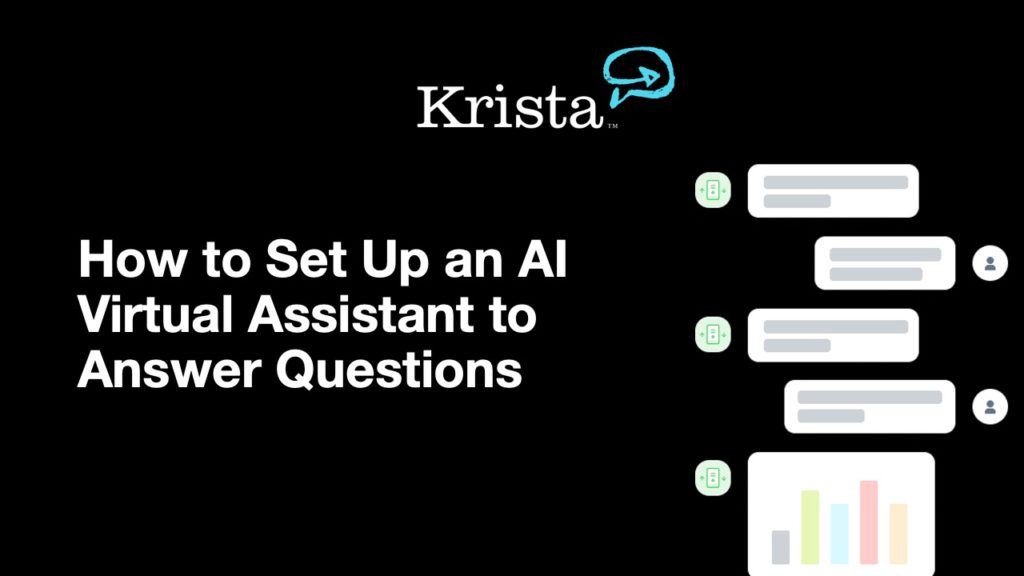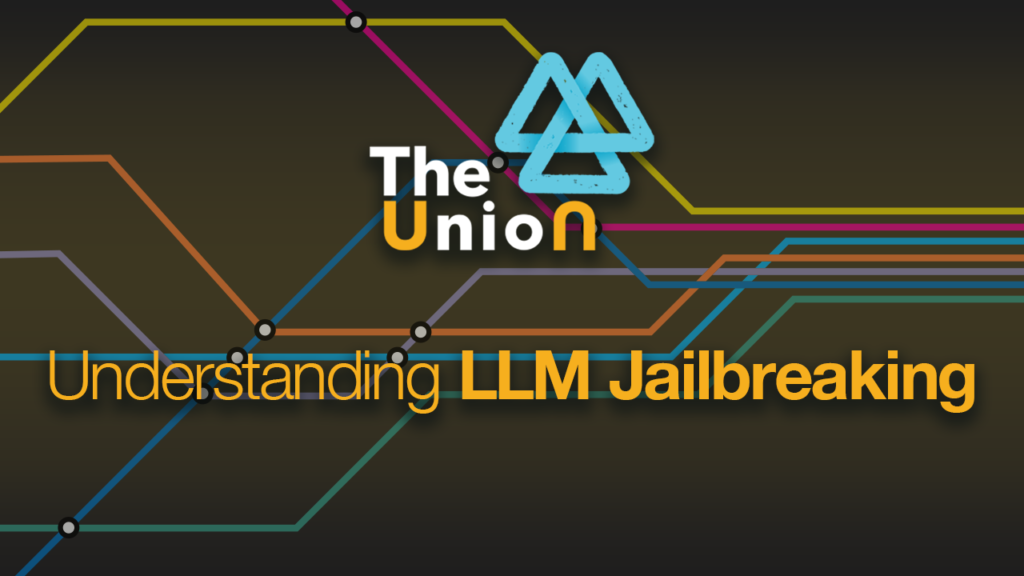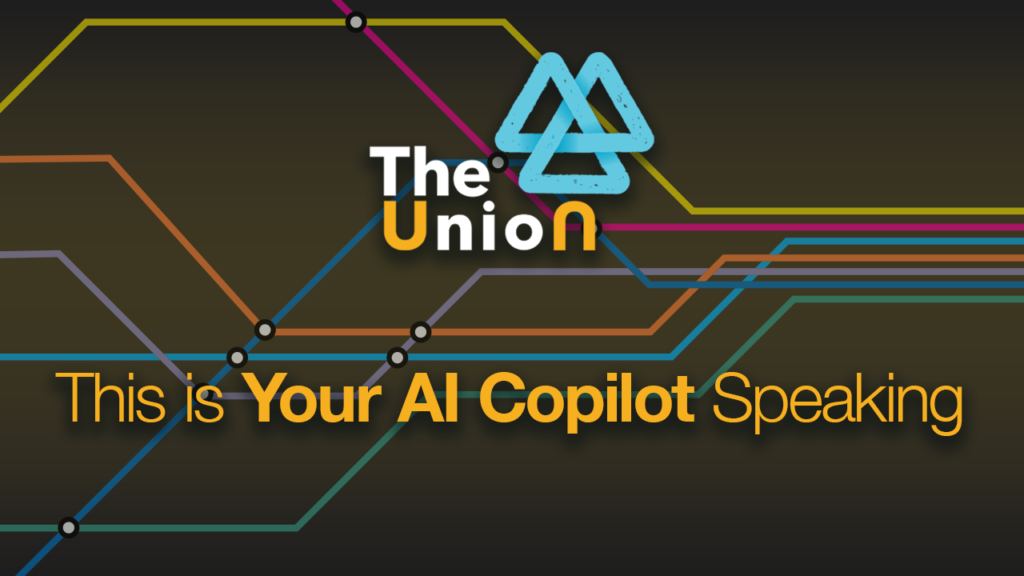- Why Krista
- Use Cases
-
-
Finance and Administration
- Automated Invoice Processing
- Automated PO Processing
- Meeting Intelligence
- Conversation Agent
- Document Processing
-
Human Resources
- Employee Policy Assistant
-
-
Legal, Risk, & Compliance
- Automated Risk Assessments
- Contract Risk Analysis
-
-
- Case Studies
- Resources
- Company
- Contact Us


